Date: 21 July 2015
Their themes were ‘Glass Science’ and ‘Surfaces and Thin Film Technology’. Altogether 32 students from 8 countries attended, those with industrial links making up the majority for the first time. A popular new provision was small group tutorials.
.jpg)
The ‘Glass Science’ course has evolved with new PhD students in mind, although it also attracts a few from industry. On the first day, run jointly with the Surfaces session, Prof Conradt (Aachen) covered chemical properties - durability in particular – while Prof Parker (Sheffield) talked on optical spectroscopy and on diffusion with ion exchange processing as an underpinning theme. Structural analysis based on diffraction (neutrons, EXAFS, Prof L Cormier, CNRS UPMC), and spectroscopic tools such as Raman (Prof B Hehlen, Montpellier) and NMR (Prof P Florian, CEMHTI CNRS) followed. Glass crystallization (Prof J Deubener. Clausthal) and mechanical properties (Prof M George, Montpellier) filled another morning. On the final day the power of atomistic simulation for understanding structure-property relations was explained (Prof A Takada, Asahi Glass, Japan) and Prof Conradt introduced more on the thermodynamics of glass forming systems.
After the joint lectures on day 1, the Glass Surface and Thin Film course split off for the three subsequent days, each starting with a talk emphasising basics. More technology-oriented topics followed. The concluding presentation each day demonstrated the importance of surfaces and thin film currently and potential future applications. The first day focused on tools for characterization, the second concentrated on the glass surface and the final day was devoted to thin films on glass. A wide range of lecturers shared their expertise including: Dr K Bange (Germany), Prof S Oktik (Șișecam, Turkey), Prof C Pantano (Penn State, US), Dr H Roehl (Switzerland), Dr I Sokmen (Șișecam) and Prof A Mendoza Galvan (Mexico).
A final presentation on Thursday afternoon was given by Prof Pan to the whole class on the “Current Status and Prospect of Modern Glass”.He stood in at the last minute for the ICG President, Prof Peng Shou who was detained on urgent business. His talk proved inspirational, giving the students insights into what can be achieved by hard work and determination.
On the first afternoon each student described his or her own academic or professional interests. This assisted project allocation, but also served to introduce participants to each other and to expand the horizons of all present. On Tuesday afternoon eight groups, each with 4 students, were created and allocated to an individual project. Selection criteria included: the separation of students who knew each other, mixing students with academic and industrial backgrounds, and giving students a project related to their individual interests. The rest of the afternoon was free to start work, particularly with the aim of unravelling what the key issues were. Wednesday afternoon was also free for projects, but most groups also chose to visit the beach. No doubt further discussions continued there until late, when temperatures had begun to fall. By Thursday evening most had a set of well-illustrated slides on their topic ready to display at the Friday morning closing session.
The presentations are both informative and competitive. Students are encouraged to give of their best but also to ask questions that probe even undermine the content of other talks. This adds spice to the occasion. The competition winners, announced with all the razmataz of a TV reality show, were Gulin Demirok, Paul Jacquet, Marina Konon and Branislav Velev for their talk on Li Glass Ceramics for Batteries. Coming a close second were Merve Kutlug, Barbora Holubova, Matej Drobny, and Aref Cevahir who looked at: What factors affect the adhesion of organics to glass surfaces and how might they be controlled?
A change this year was to introduce tutorial sessions. They were organized during the afternoons and overlapped slightly with project preparation. In each case small groups worked together with the teachers on selected topics from their lectures; the basic concept, “an informal tutorial under the pine trees for 3-4 persons”, was not realized because it was too hot and the students preferred to stay in cooler air-conditioned rooms. Indoors also offered blackboards and chalk which remain invaluable assets for lecturers. The participants really appreciated these tutorials and were willing to spend a little less time on project work.
This year new lecture rooms were needed for the first time because of programmed renovations in our previous venue. These were closer to the Student Residences and the tram stop for those staying in hotels. But as a consequence our morning walks took in an incomplete set of planets on the posters lining the route.
The same venue as previously was used for the reception and the School Dinner on the final evening. These social events are an important part of the school, and students are encouraged to speak to people they do not know including the lecturers. From their responses this is a unique and invaluable feature of the event. Comments at the end of the week showed their appreciation e.g. “This Summer School was wonderful; THANK YOU VERY MUCH” Common themes in their choices of the 3 best features were: quality of teaching, networking opportunities and project work. A more unusual item on one list, fortunately only in 3rd place, was ‘French Wine’.
Both participants and lecturers came from many different countries. The lecturers were from France (4), Germany (3), the UK (1), Turkey (2), USA (1), Mexico (1)Japan (1), and Switzerland (1). While most students were from Bulgaria, Czech Republic, France, Germany, Slovakia and Turkey (29), we also had representatives from continents further afield particularly Japan (2) and Russia (1). Numbers were down from previous years, attributed to other international glass summer schools running this year, with exceptionally high levels of funding.
We thank all those who helped to make the event a success again, particularly the teachers listed earlier and the local organizing team (Mylene Boscus, Prof Bernard Hehlen and Prof Rene Vacher).
Finally our readers will be keen to learn of the date for the next Schools. In fact two are planned, one at Wuhan University of Technology in China during the winter months, and next year’s school for the eighth time in Montpellier from 4-8 July 2016. For further details see the ICG web site (www.icglass.org) or contact: verres2016@mycema.fr.

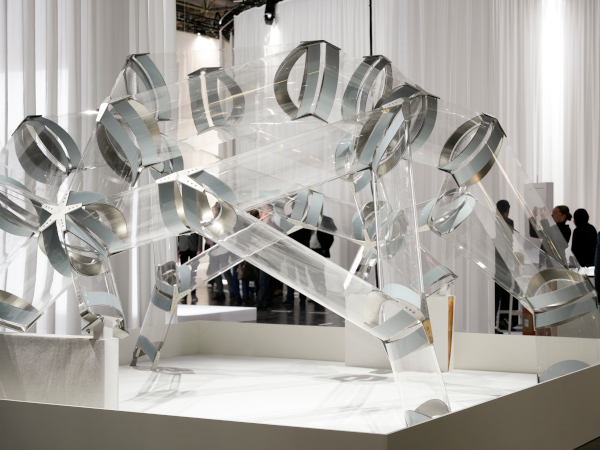

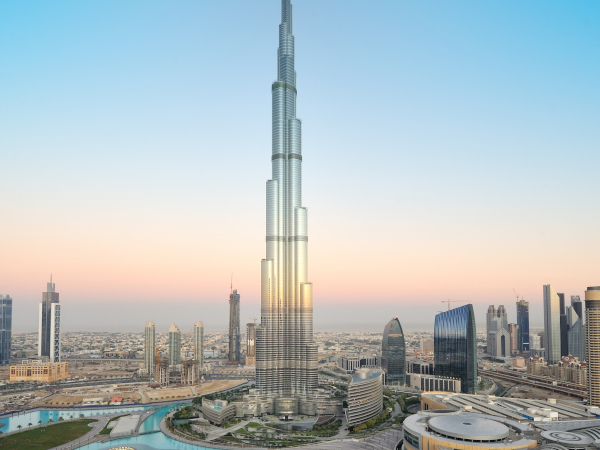
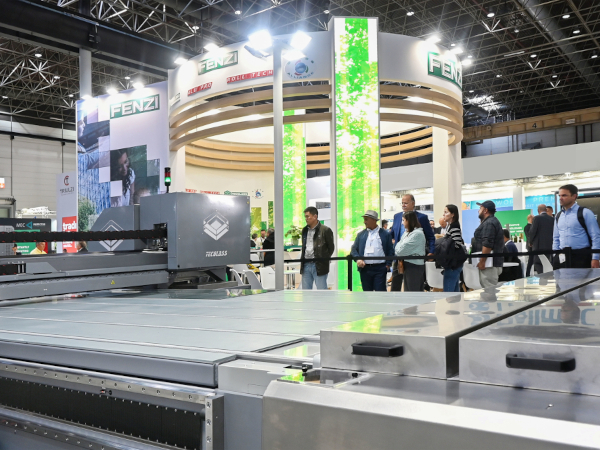
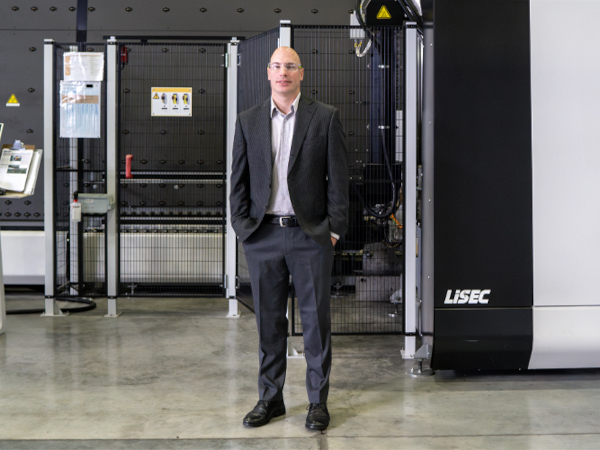
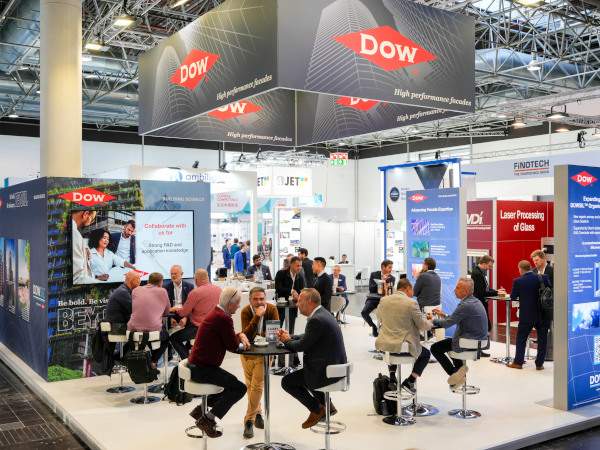
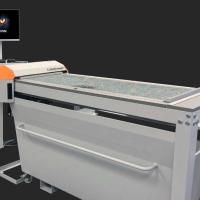
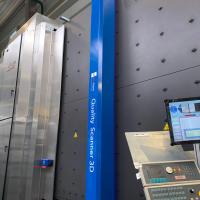
Add new comment